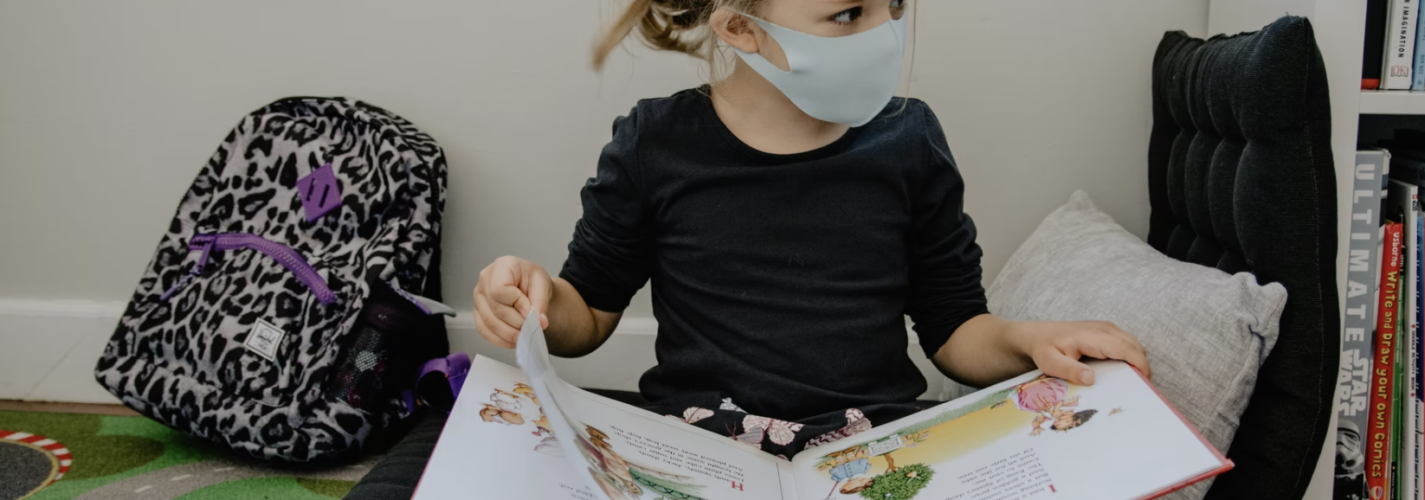Attention Minnesota Teachers: New Literacy Training is Here
By Matt Shaver
During the 2021 legislative session, Minnesota lawmakers dedicated $3 million to provide educators with rigorous training in the science of reading. On December 15, the Minnesota Department of Education announced the official launch of this crucial professional development opportunity, making 3,000 seats available for Language Essentials for Teachers of Reading and Spelling (LETRS) training.
Other states like Mississippi that have invested in LETRS training have made significant impact on teacher skill and knowledge about how children learn to read and driven promising student reading growth. This investment will help Minnesota follow suit, not only offering valuable training at no cost to local educators, but hopefully marking a first step to more effective literacy instruction across the state. The 2021 bill had bipartisan support in both the House and Senate, which is a hopeful indicator that literacy is a good area for finding common ground and driving future progress.
How Will This Work?
Educators have to register themselves for the trainings at this website: lexialearning.com/minnesota-letrs . Since there are a limited number of spots available, priority will be given to educators in the following areas:
- K-3 classroom teachers
- Administrators
- Elementary special education teachers with responsibility for reading instruction
- Elementary reading interventionists/reading specialists or literacy coaches
- Literacy professors in Minnesota colleges and universities
School leaders should think strategically about this opportunity for their educators and about how to maximize the impact on students. Just having one teacher in a grade level take the courses will not be as impactful as all teachers in the early grades as well as their instructional coach completing the program. It is critical for implementation that literacy knowledge and instruction is cohesive—making it imperative for leaders to recommend a comprehensive approach to this training opportunity.
We know the pandemic has had dramatic effects on student learning. In Minnesota, it’s a coin-flip whether students are reading on grade level—and for BIPOC students, the disparities are even worse. Despite mountains of evidence, we know literacy practices are broken and misaligned with research for many schools. Parents are fed up, and it’s time to do something different. Minnesota’s investment in training teachers on best practices in early literacy is an opportunity to give our educators the training they deserve, so we ensure that students entering school over the next few years never get behind in the first place.
LETRS training is an ongoing commitment. Educators are agreeing to invest time and energy into completing eight units of training—which, in addition to improving their instructional practices, also prepares them to become LETRS training facilitators if they would like. The program offers both live training sessions, coursework outside of those times, and culminates with unit assessments.
If you want to learn more about the impact of the program from the perspective of a teacher who completed it, check out this recent conversation between a group of Minneapolis parent advocates and educator Sherri Lucas-Hall.
Looking Ahead
With just 3,000 seats available, it’s likely that this first round of funding won’t reach every teacher in the early grades or with a hand in literacy instruction. That said, the more interest state leaders see from classroom teachers, principals, district leaders, and beyond, the more likely they are to expand the program.
We will be tracking implementation of the trainings, asking for data on teacher learning, and advocating for additional investment in LETRS training to ensure students in every corner of the state receive the best instruction possible from teachers who feel good about the tools in their toolbelt to support them. So, if you’re eligible, register for the training and share with your colleagues! Once you do, we’d love to hear about your experience, so please reach out!

